Do roaring engines, high-speed races, and motorsport tactics fascinate you? Then, a job in race car engineering could be perfect. This job, tracing its history in the 1950s, blends cutting-edge technology, sharp tactics, and a solid grasp of physics and math. All of this goes toward improving race car speed and strategizing driver moves.
A race car engineer is one of the key folks in the racing scene. They handle the math, watch the cars, and make big calls on vehicle design, driver protection, and race tactics. Notable race engineers, like Patrick Head and Gordon Murray, have changed the game in Formula 1 with their creative ideas.
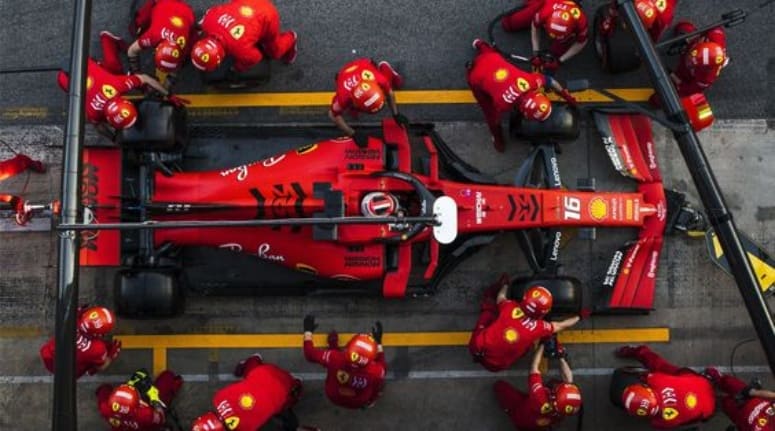
Image source: Pinterest
Is Becoming a Race Car Engineer Your Dream?
An Accu.co.uk study highlights an 86% jump in people eyeing F1 job openings in the past five years. This shows how enticing motorsport engineer jobs have become and how crucial they are in modern racing. As of June 2021, 5,600 Brits were on the hunt for F1 jobs. That’s nearly twice as many folks as in July 2016. This rise reflects the ongoing love for these roles and how recognized they are in today’s racing world.
Key Skills and Attributes for a Successful Race Engineer
Here’s the deal: to be a great motorsport engineer, you need skills and qualities, but that’s only half the story. The rest is all about doing it right and never stopping learning.

Image source: Pinterest
Tackling the Technical Side
You’re a race car engineer, so you’ve got to know your race car! Is it about mechanics and electronics? Absolutely. But don’t stop there. Dive deep into aerodynamics – the lifeline of any race car. Figure out how to tweak suspensions and handling for the best performance on the track. Trust me, this secret weapon will give you a big boost.
Mastering the Data Maze
Here’s something you need to hear. In our high-tech age, data is everything in race car engineering. You need to work the telemetry data – the stats about your car’s fitness and efficiency. Look at patterns and trends, make the numbers tell stories, and let that guide you on the race track.
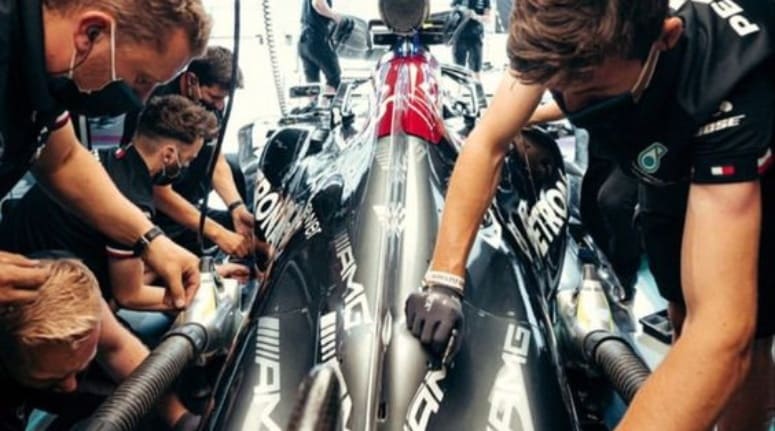
Image source: Pinterest
Communicating Like a Pro
Race engineering is teamwork. From driver to pit crew, you need stellar interpersonal and communication skills. Foster strong connections with drivers to decode their feedback successfully. Learn to share complex information with your team quickly, clearly and succinctly. You might be amazed how much each tiny detail can influence a race.
Embracing Challenges With Adaptability
By now, you likely know that racing is predominantly a thinking sport. Timely identification and resolution of problems are fundamental. Yet, racing does not always follow the script. The ability to adjust to shifting race conditions is crucial. At times, a sudden alteration in strategy may be what’s necessary!
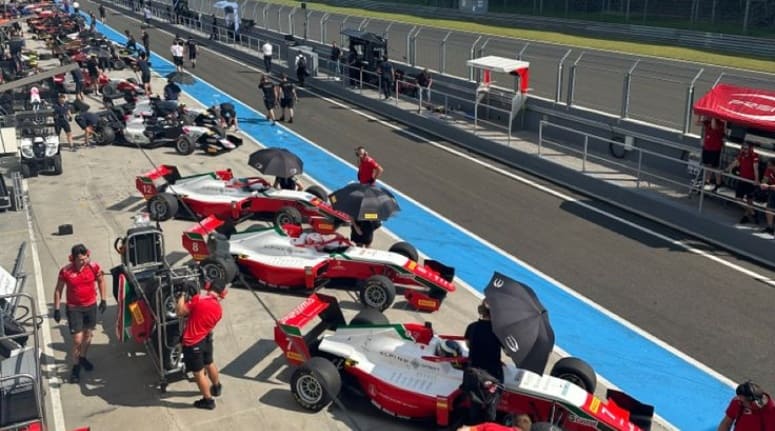
Image source: Pinterest
A Step-By-Step Guide to Becoming a Race Engineer
As an experienced race engineer, let me guide you. It’s about blending passion, technical understanding, and practical expertise.
Step 1: Start in High School
The quest starts sooner than you think – right from high school. Create a strong base for your race car engineering career here. Subjects like math, physics, and computer science are important for understanding racing dynamics and vehicle design – ace them! Doing this in high school put me on the correct track.
Step 2: Acquire an Engineering Bachelor’s Degree
Post-high school, it’s time for a bachelor’s degree in engineering. Plenty of choices are available but opt for a program in automotive, mechanical, or aeronautical engineering. These programs give much-needed technical exposure to vehicles, essential preparation for becoming a race engineer.
My college time was spent in a mechanical engineering program. It helped me deeply comprehend vehicle dynamics, performance influence factors, and aerodynamic design principles – precious insights for a race engineer.
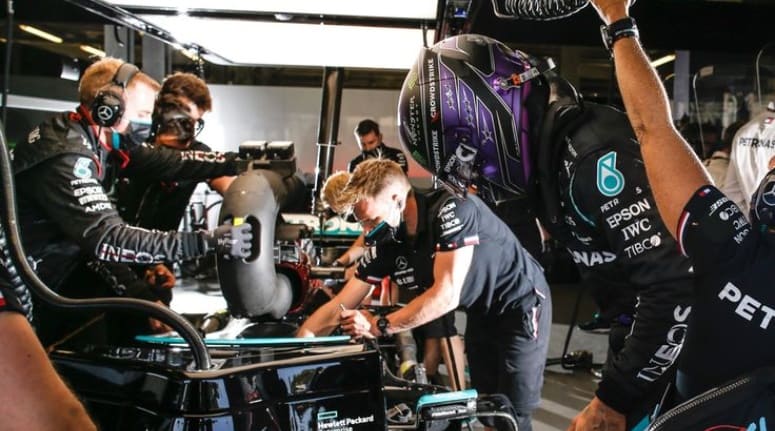
Image source: Pinterest
Step 3: Score an Internship
Becoming a race engineer isn’t simply about classroom learning. Hands-on experience is vital, too. This is where internships shine. Search for internships at auto companies, racing teams, or similar groups, even while you’re studying for your degree.
My path benefited immensely from an internship with a famous racing team. I worked with experienced racers, learning from their expertise. I saw the everyday workings, handled intense race pressures, and made fast, critical decisions. This practical experience was essential. It will be for you, too, on your race engineering journey.
Step 4: Learn Essential Software and Tools
There’s more to a race engineer’s job than knowing a car’s mechanics. You’ll also need to analyze and interpret data to improve vehicle performance. This means mastering industry-standard software tools.
On my path, I found it important to learn systems like CAD for design, MATLAB for complex computing, and data analysis packages created for auto-racing. Mastering these tools improved my efficiency and made making swift, informed choices in high-pressure race situations easier.
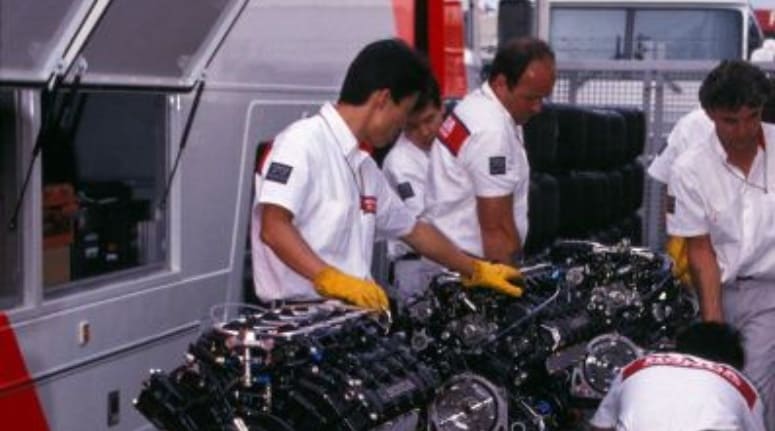
Image source: Pinterest
Step 5: Think About Getting a Specialized Master’s Degree (Optional)
A bachelor’s degree is a good start. However, a specialized master’s degree could set you apart in this tough field. It’s not a must-have, but it brings more to the table. You will learn about the very latest in the racing world.
For me, a Master’s in Motorsport Engineering was the way to go. It sure did pump up my tech know-how. Plus, I became familiar with all the new cool stuff transforming the motorsport industry.
Step 6: Apply for Entry-Level Jobs
Snagging your first gig in race engineering is a milestone. Hunt for beginners’ roles where you can flex your book smarts and hands-on skills. Embarking on an international career can mix things up, laying bare world-class norms and standards.
As a young pro, I worked in many places worldwide. It was a rewarding way to learn and gain skills while learning about diverse professional customs linked to race engineering.
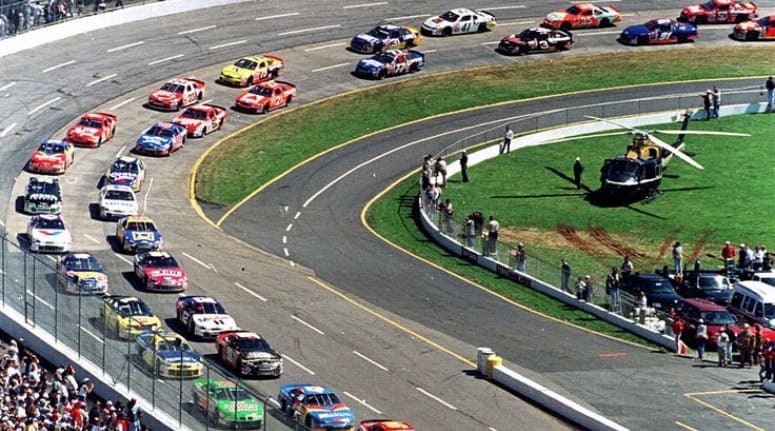
Image source: Pinterest
Step 7: Don’t Stop Learning
Getting ahead as a stellar race engineer isn’t just about boom-bang academics or software finesse. Building your engineering chops is key. Consistent learning, keeping pace with the latest goings-on in racing, and honing skills like problem-solving, swift choices, and team talk is essential.
My race engineer journey was full of active learning–hitting up seminars, reading industry mags, and tagging alongside engineering pros. This knowledge chase, together with decision-making and problem-solving prowess, amped up my race engineer aptitude.
What Comes After a Race Engineering Internship?
Finding employment as a race engineer involves more than technical know-how and skills. Understanding the job market and opportunities available across different countries is equally vital.
Each country has a different job climate for race engineers. It depends on its auto and motorsport sectors. For example, the US, UK, Germany, Italy, France, Australia, and Japan have a robust motorsport sector. So, there are more job chances.
NASCAR and IndyCar are big in the US. It’s a hotspot for race engineering jobs. You’ll find many key racing teams here. So, there are plenty of job possibilities.
Just like the US, the UK is pivotal to motorsport. It hosts Formula 1 and the World Rally Championship, among others. Many race engineer roles are found in Motorsport Valley, UK. Germany and Italy also offer opportunities. They are home to car giants like Mercedes-Benz and Ferrari.
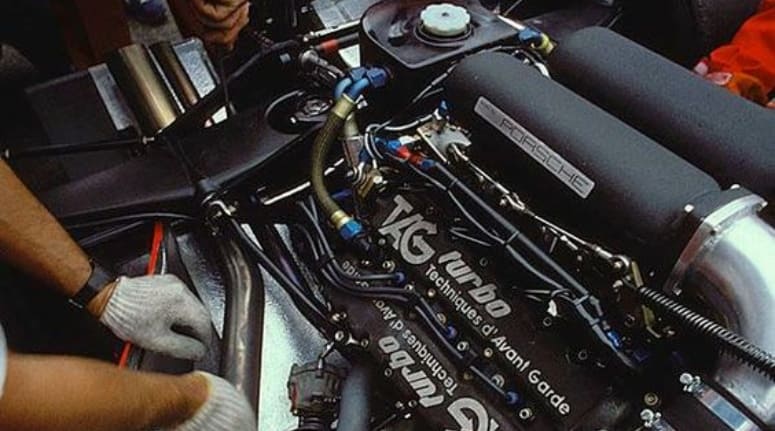
Image source: Pinterest
Salary Expectations and Growth Possibilities
In 2024, US race engineers earn an average base salary of $82,424. Starting salaries are typically lower but can rise significantly with growing expertise and experience. Glassdoor indicates that depending on diverse influences such as team prestige, engineer’s experience, and the specific race series, the annual income varies between $77,000 and $122,000.
Potential Challenges in Becoming a Motorsport Engineer
Every job has its thorns, and race engineering isn’t spared. Spotting and tackling these problems early makes the trip smoother and rewarding.
- Stiff competition: Race engineering attracts fans worldwide. To stand out, you need extraordinary abilities and distinct experience, more than just basic tech know-how.
- Workload: This job involves long hours, weekend duties, and trips. Juggling these with a well-rounded personal life is often hard.
- Advancing tech: Tech changes non-stop in race engineering. Keeping up with the latest is challenging but crucial.
- Stressful atmosphere: Motorsport is quick, high-risk, calling for instant decisions under stress.

Image source: Pinterest
Bottom Line
As a race engineer, I discovered that the career is more than having technical smarts. Passion, hard work, cooperation, and a drive for perfection matter, too. If this is the career you’re pondering, just know it’ll be tough but exciting!
My advice to budding race engineers is to be dauntless in the face of difficulties and keep your keen interest alive. Your fiery spirit prompts you on your course. The race engineering community awaits you, eager to include you in its exhilarating, heart-racing story. Go for it, and find joy in every leg of the journey!






